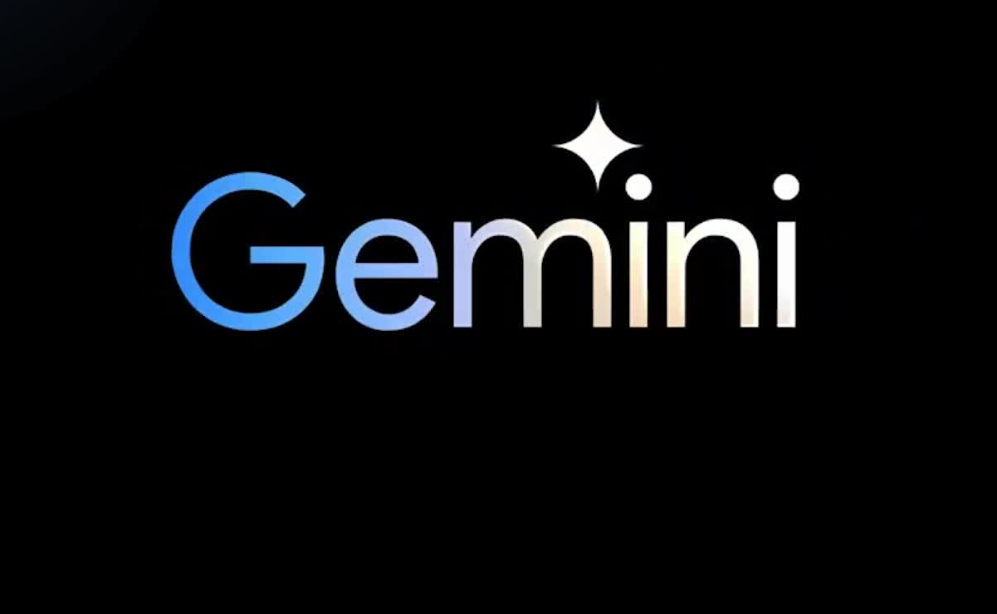Google has entered the competitive arena of generative artificial intelligence with the launch of its latest AI model, Gemini.
In a bid to rival OpenAI’s GPT models, Gemini is touted as Google’s most extensive and capable AI model, aiming to revolutionize applications across its consumer apps and Android smartphones.
Unlike traditional AI models focused on specific prompts like text or images, Gemini is designed to be “multimodal,” accepting inputs encompassing text, images, audio, video, and programming code.
Sundar Pichai, Google’s CEO, described this endeavor as one of the company’s most significant science and engineering efforts.
The Gemini model has already been integrated into Google’s chatbot, Bard, and is set to expand to widely used products like the search engine and Chrome web browser.
Google envisions a “Gemini era,” where the AI model finds applications in various settings, from major corporations to consumer devices.

To address the challenges posed by the unexpected success of OpenAI’s ChatGPT, Google’s Gemini comes in three sizes: Nano for mobile devices, Pro as the default model for diverse tasks, and Ultra, undergoing safety testing and touted as Google’s most sophisticated AI model.
The launch also highlights Google’s advancements in cloud computing, utilizing powerful processors that can train large AI models nearly three times faster than previous versions.
This technological leap aims to make AI training more accessible and reinforces Google’s standing in the public cloud services market.
During testing, Gemini reportedly outperformed rival AI models across numerous benchmarks for reading comprehension, mathematical ability, and multistep reasoning skills.
However, Google acknowledges the ongoing risk of AI models generating misleading results, emphasizing efforts to enhance factuality in Gemini.
To address concerns about accuracy, Google announced a gradual release of Gemini Ultra, the most advanced version, to select customers, developers, partners, and safety experts for early experimentation and feedback.
This cautious approach aligns with safety evaluations and red-teaming commitments made by the Biden administration.
In the race for AI dominance, Google’s Gemini emerges as a formidable contender, poised to reshape the landscape of generative artificial intelligence.
Airbus Plans High-Flying Drone Hub In Kenya For Connectivity Solutions
